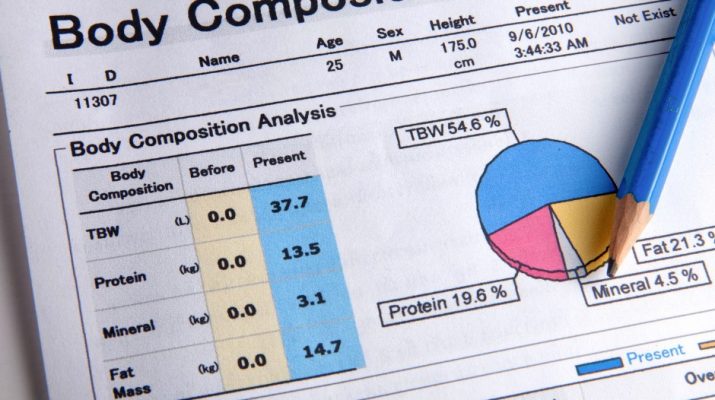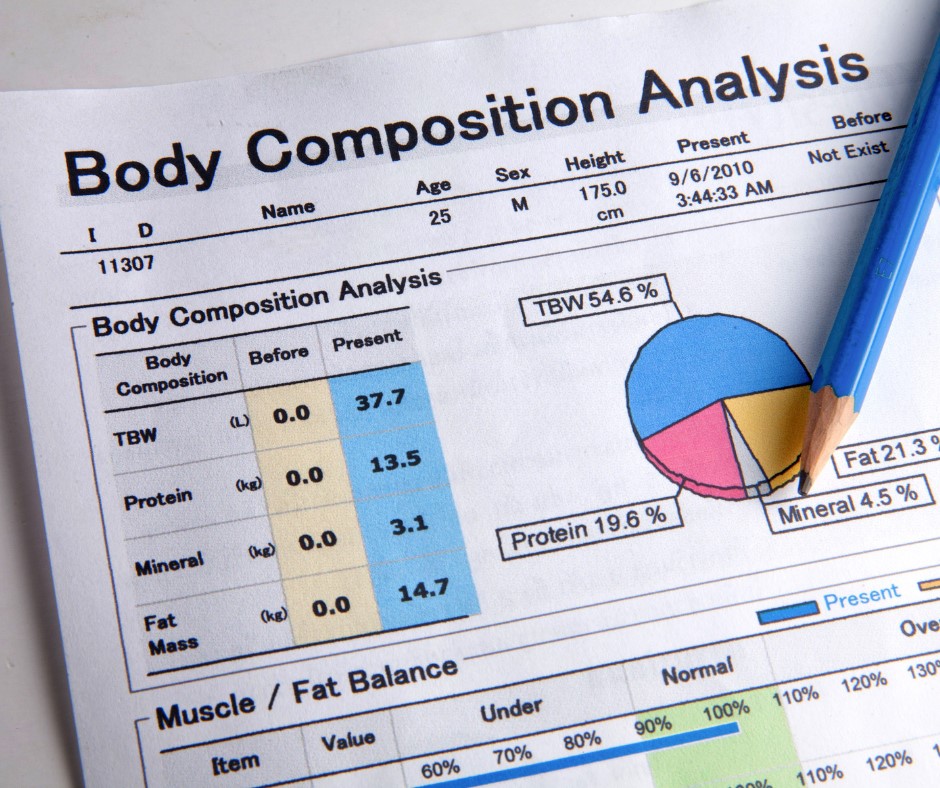Losing weight is a goal we all have in some capacity. While it can vary drastically from person to person, the sentiment is usually the same. However, how we get to our desired weight isn’t all about exercise. We often forget that more than one factor determines weight loss, and that’s why we need to discuss ‘body composition.’ What does this mean, and how can we improve our weight loss by understanding body composition? Let’s get into it!
What Is Body Composition?
Before we talk about body composition in terms of losing weight and getting into the right shape, we need to understand what body composition is to start with. Body composition is how we express a measurement of someone’s fat mass and fat-free mass. Achieving fitness goals should begin with you testing your body composition. Then, not only can you achieve fitness goals, but you can monitor health goals too.
Healthy Body Composition Versus Losing Weight
The important thing to understand is what each does for your body. Healthy body composition is more beneficial health-wise than being skinny. For example, cardiovascular health is improved by having a healthy body composition. The goal is to be fit and hope you’re skinny as a result of that fitness.
Muscle Mass Versus Fat
There are a lot of misconceptions about losing weight. For starters, we forget that when we lose weight, we also lose muscle mass. Additionally, when we lose weight and attain a thin physique, that doesn’t mean we’re blessed with a low body fat percentage.
To measure body composition, you measure the percentage of fat in comparison to fat-free mass in your body. Fat-free mass includes muscles, bones, and water.
What is the key to a healthy ratio of muscles to fat? A healthy diet and physical activity aid you in losing weight but also help you achieve a healthy body composition. You can exercise for roughly 30 minutes most days of the week and achieve major health benefits.
Healthy Body Fat Percentages
Here are the healthy body fat percentages by gender:
| Men | Women | |
| <5% | Low Body Fat (Risky) | <15% |
| 5 – 8% | Very Lean | 15 – 18% |
| 9 – 12% | Lean | 12 – 22% |
| 13 – 20% | Moderate | 23 – 30% |
| 21 – 30% | Excess Fat | 31 – 40% |
| >30% | High Body Fat (Risky) | >40% |
How To Address Body Composition?
Acknowledging the need to address body composition is the first step. Now it’s time to take this awareness and do something about it. The three pillars of addressing body composition are nutrition, physical activity, and exercise.
With nutrition, you want to consider your calorie intake. You shouldn’t be eating more calories than you’re body uses. This means you’ve got a surplus sticking around and damaging your body composition. To solve this, you can decrease your calorie intake or do more physical activity and exercise.
Conclusion
Body composition is something that a weight loss doctor aims to address. It’s not just about losing weight. It’s about creating a healthy body composition. These are both important factors that need to be addressed.


